Annual house price growth remains above 10 per cent despite a small monthly dip in July according to the Nationwide.
A 0.5 per cent drop in July took the annual property inflation rate down to 10.5 per cent - a typical home now costs £244,229.
Robert Gardner, Nationwide's chief economist, says: “The modest fallback in July was unsurprising given the significant gains recorded in recent months. Indeed, house prices increased by an average of 1.6 per cent a month over the April to June period – more than six times the average monthly gain recorded in the five years before the pandemic.”
He adds: “Land Registry data indicates that higher priced properties have been driving the increase in housing market activity since the pandemic struck.
“For example, the number of transactions involving properties bought for £500,000 or higher increased by 37 per cent over the 12 months to March 2021, compared to a rise of two per cent for all properties. As a result, between Q1 2020 and Q1 2021 the share of transactions involving a property valued at £500,000 or above has increased from 12 to 18 per cent.
“There has also been a shift in the composition of property types that have been transacting. Over the past six months the proportion of sales involving detached and semi-detached properties has increased, while the proportion involving flats has declined significantly.”
He adds that the ‘savings’ from the stamp duty holiday have been dwarfed by the impact of recent house price gains.
For example, the price of the typical UK property increased by around £24,500 between July 2020 the end of June this year, whereas the stamp duty saving on that property for a home mover in England was around £1,900. For a £500,000 property that saw the same average increase as the typical property over the same period, the comparable house price increase was around £57,000 against a stamp duty saving of £15,000.
Agents have confirmed that the market is off the boil - at least a little - with the expiry of part of the stamp duty holiday ahead of the complete wind-down at the end of September.
Jeremy Leaf, north London estate agent and a former RICS residential chairman, says: “On the ground there are still sufficient numbers of well-motivated buyers to take advantage of the albeit reduced incentive to complete before the end of September as well as the government's mortgage guarantee and Help to Buy schemes. Although the balance of power may be starting to switch from sellers to buyers, record-low mortgage rates, stock shortages and hopefully continuing easing of lockdown restrictions mean there's unlikely to be a major shift in prices or transaction numbers any time soon.”
Guy Gittins, chief executive of London-focussed agency Chestertons comments: “Activity levels in July haven’t dropped as much as originally expected with the number of newly agreed sales being very close to May and June fiures. With the easing of lockdown restrictions, buyers remain eager to take control of their lives again and a big part of this is to find a property and location to call home.
“We predict that the introduction of attractive mortgage packages we have seen earlier this year will continue to boost the market, particularly since the Intermediary Mortgage Lenders Association has projected this year’s gross mortgage lending to reach £285 billion.”
And Tom Bill, head of UK residential research at Knight Frank, adds: “As supply picks up, double digit house price growth is likely to become single-digit growth by the end of the year. Demand remains strong despite the end of the stamp duty holiday, a fact that will be reinforced if Covid starts to move further into the rear-view mirror, which is something prospective sellers should be aware of ahead of the autumn market.”





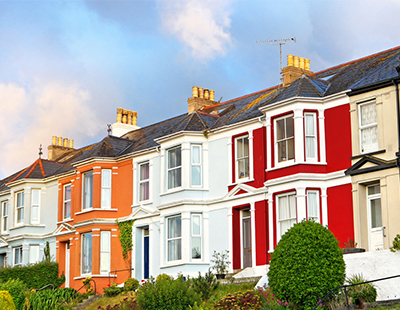
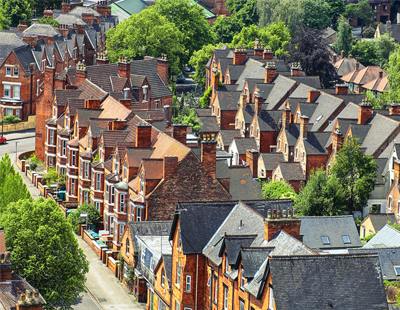
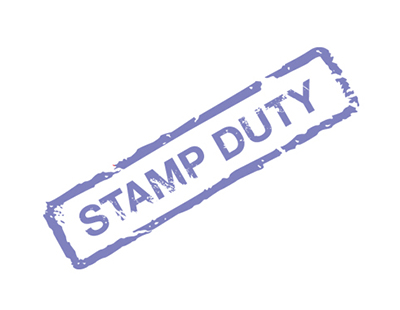
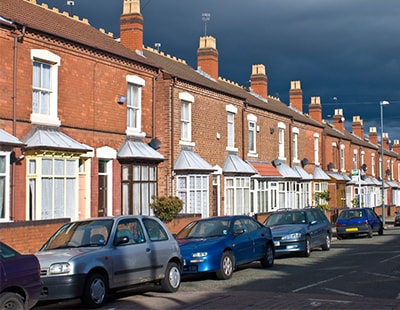
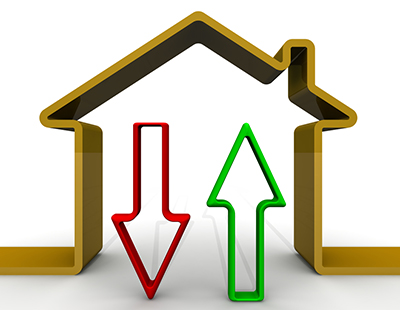
















Join the conversation
Be the first to comment (please use the comment box below)
Please login to comment